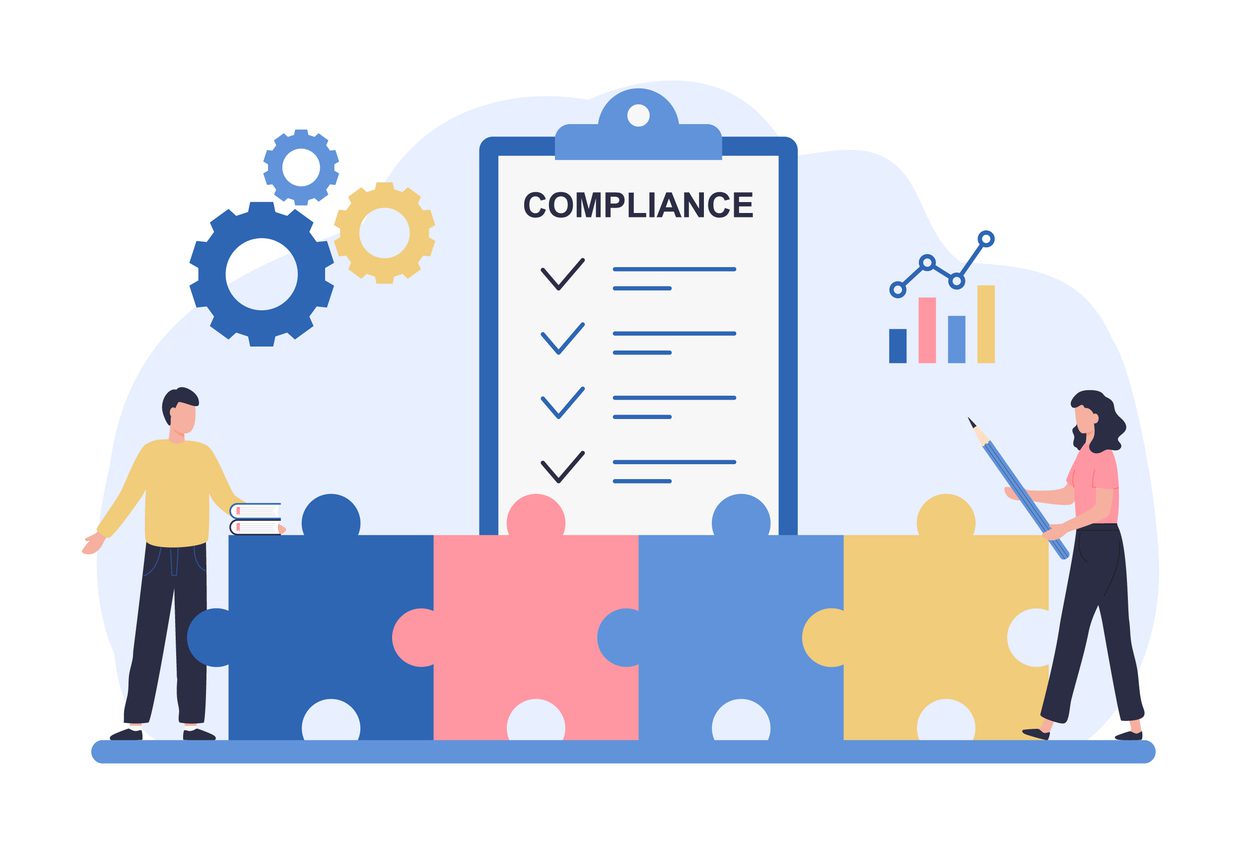The SEC’s Enhanced Compliance Incentive Plan, Explained (2024)

To boost corporate compliance in the Philippines, the Securities and Exchange Commission (SEC) has introduced the Enhanced Compliance Incentive Plan (ECIP).
This limited-time initiative gives Philippine-registered companies an opportunity to square things with the government agency. Reduced penalties, streamlined processes, and more await qualified corporations.
The SEC has extended ECIP applications until December 31, 2024.
Think your company qualifies? Here’s what you need to know to get in on these benefits.
What exactly is the ECIP?
Long story short, ECIP is an amnesty opportunity for corporations that are behind on corporate housekeeping. It allows you to regain good standing with the SEC without paying the full amount for incurred penalties.
In other words, it’s a chance to resolve past compliance issues and get back on track with friendlier terms.
According to SEC memorandum circular 17, the deadline of ECIP applications is extended until December 31, 2024.
These are the major benefits of applying for the ECIP
- Reduced fines and penalties: If your company has been tagged as “non-compliant” or “delinquent” for failing to submit its annual reports (General Information Sheet or Financial Statements) on time, your company will only have to pay ₱20,000. For companies with suspended or revoked registrations, they’ll only be required to pay 50% of their assessed fines as well as a ₱3,060 petition fee.
- Opportunity to lift suspensions: If your business registration has been suspended or revoked, the ECIP can clear up these issues, paving the way to resume normal operations.
- Streamlined compliance with the SEC: The ECIP application is handled through eFAST, SEC’s online system, making it straightforward for businesses to address corporate compliance issues in the Philippines.
Which companies are excluded from the ECIP?
Unfortunately, the ECIP is not an option in the following situations:
- The company has securities that are publicly traded on the Philippine Stock Exchange (PSE) or officially registered but not actively listed on the PSE;
- The company has expired corporate terms or is currently involved in internal corporate disputes;
- The company is an entity regulated under the Securities Regulation Code (RA No. 8799). Examples of regulated entities include investment houses, pre-need plan companies, broker-dealers, and investment companies; or
- The company is a public company or has disputed General Information Sheets (GIS).
💡Corporate compliance tips in the Philippines
A successful ECIP application helps you get back on track with compliance, but it’s not an exemption from future reportorial obligations. You must do your part in ensuring your company is always in good standing. Here are some best practices:
- Set up a compliance calendar: Track deadlines for important filings so you can submit reports such as the AFS and GIS on time.
- Stay up to date: Regularly update shareholder, director, and corporate details with the SEC to avoid issues down the road.
- Get corporate compliance support: Loft can do your corporate due diligence on your behalf. Skip the hassle of corporate compliance and contact us at (63) 917 899 111, via email at [email protected], or through our contact form.
How to apply for the ECIP
Ready to apply for the ECIP? You can check out this SEC tutorial video to learn what you need to do.
But if you want to see the step-by-step instructions right away, here they are:
1. Make sure you’re eligible
If your company is not included in the exclusions list, chances are you’re eligible to apply for ECIP. The scope of the program extends to the regional operating headquarters of foreign companies as well.
The main thing to take note of is if your company has pending or delayed regulatory compliance issues or missed required filings (Annual Financial Statements or General Information Sheets).
Otherwise, there’s no reason for your company to apply.
2. Gather your documents
Prepare your company’s Annual Financial Statements (AFS) and General Information Sheets (AFS), and make sure they’re complete, accurate, and ready for submission.
If you’ve had past compliance issues but have resolved them, include documentation to show your commitment to staying on track.
3. Submit an Expression of Interest (EOI)
Using the SEC’s eFAST platform, submit an Expression of Interest form to notify the SEC of your intent to participate in ECIP.
This is the starting point for the application. Remember that the SEC is accepting applications only until December 31, 2024. Late applications won’t be accepted.
4. Pay the applicable reduced fines and fees
After the EOI, you will receive a Payment Assessment Form (PAF). This document outlines the fees you need to pay. For most non-compliant companies, the ECIP fee is ₱20,000.
If your company is under suspension or revocation, you may need to pay 50% of the assessed fines plus the ₱3,060 petition fee. You can complete the payments through eSPAYSEC.
5. Upload the required documents
After payment, upload your company’s AFS and GIS documents together with proof of compliance with Memorandum Circular No. 28, which requires companies to designate an official contact email and mobile number for SEC communications.
6. SEC review and confirmation
Once your application is complete, the SEC will review the documents and payments. If the application is successful, you will be issued a Confirmation of Payment that indicates your company’s updated compliance status.
Loft can handle your ECIP application
If you need more hands-on support to make corporate compliance and business registration a breeze, we’re here to help.
Complete the form below so we can send your ECIP application fast.